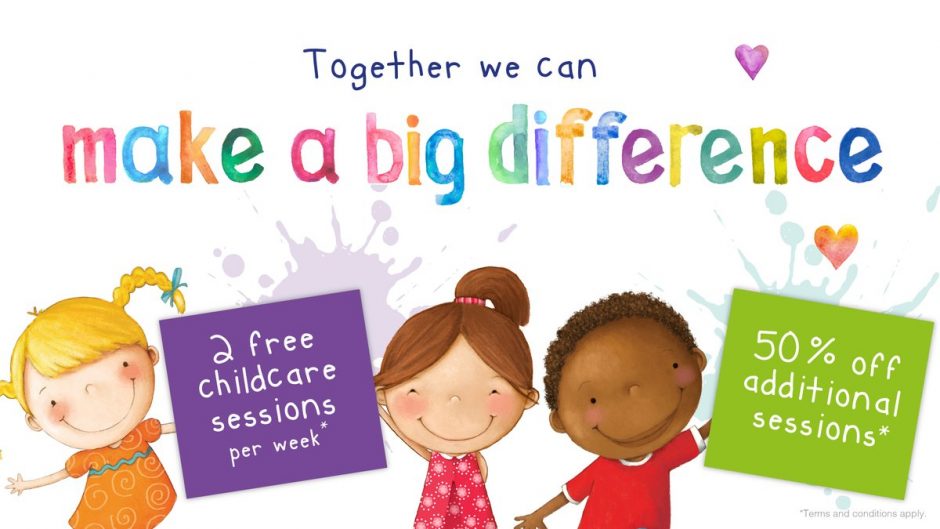Midcounties Co-operative has launched a new initiative to support families with young children who have been impacted by redundancy as a result of the Covid-19 pandemic.
Co-op Childcare, which is owned by Midcounties and runs 47 Little Pioneers nurseries across England, says its Helping Hands redundancy support programme is designed to take the pressure off parents who may be facing uncertainty about their employment.
From November until the end of 2020, Co-op Childcare is offering two free childcare sessions and 50% off any additional session every week for up to six weeks to families where one, or both, parents or carers have been made redundant between 1st April 2020 and 31st December 2020.
The nursery group is also providing families with free half-hour virtual consultations with its childcare finance specialist, who can help them understand what other support is available to them.
Anyone who makes a permanent booking for their child will have their registration fee waived, and will be offered flexible payment terms as well as the first week’s childcare for free.
“As one of the UK’s leading co-operatives, we are focused on supporting our members and communities and doing the right thing by them,” said Sally Bonnar, chief operating officer of Co-op Childcare.
“We know this is an extremely challenging time for many and hope our Helping Hands initiative will help parents and carers by giving them a bit of breathing space as they look for new opportunities, as well as offer guidance and advice around their childcare. Ultimately, we’re here to provide a safe and happy environment for children and we will keep working to support our communities however we can.”

It comes after The Midcounties Co-operative provided childcare support worth more than £40,000 to key workers during lockdown through its Frontline Hero Support Fund.
The society kept a third of its nurseries fully open during the first coronavirus lockdown in early 2020, focusing on sites closest to hospitals to provide easy access to childcare for NHS staff. And they invested in ensuring children were able to continue with key initiatives such as the Generation Play scheme, linking children up with residents at local old peoples’ homes, and holding video calls, writing letters and making gifts for their elderly friends while they couldn’t meet face-to-face.

